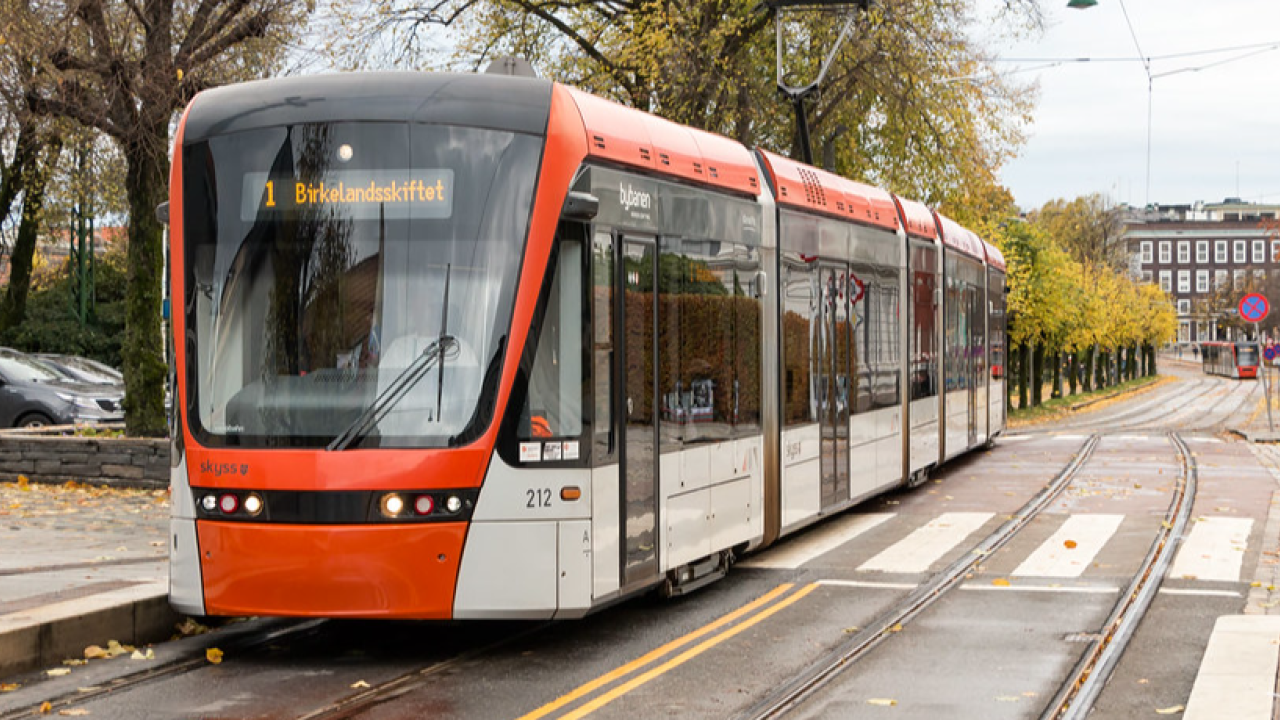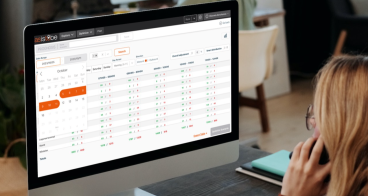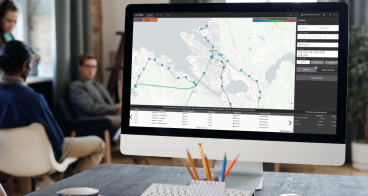Bergen: Optimised scenarios for Bergen Light Rail expansion
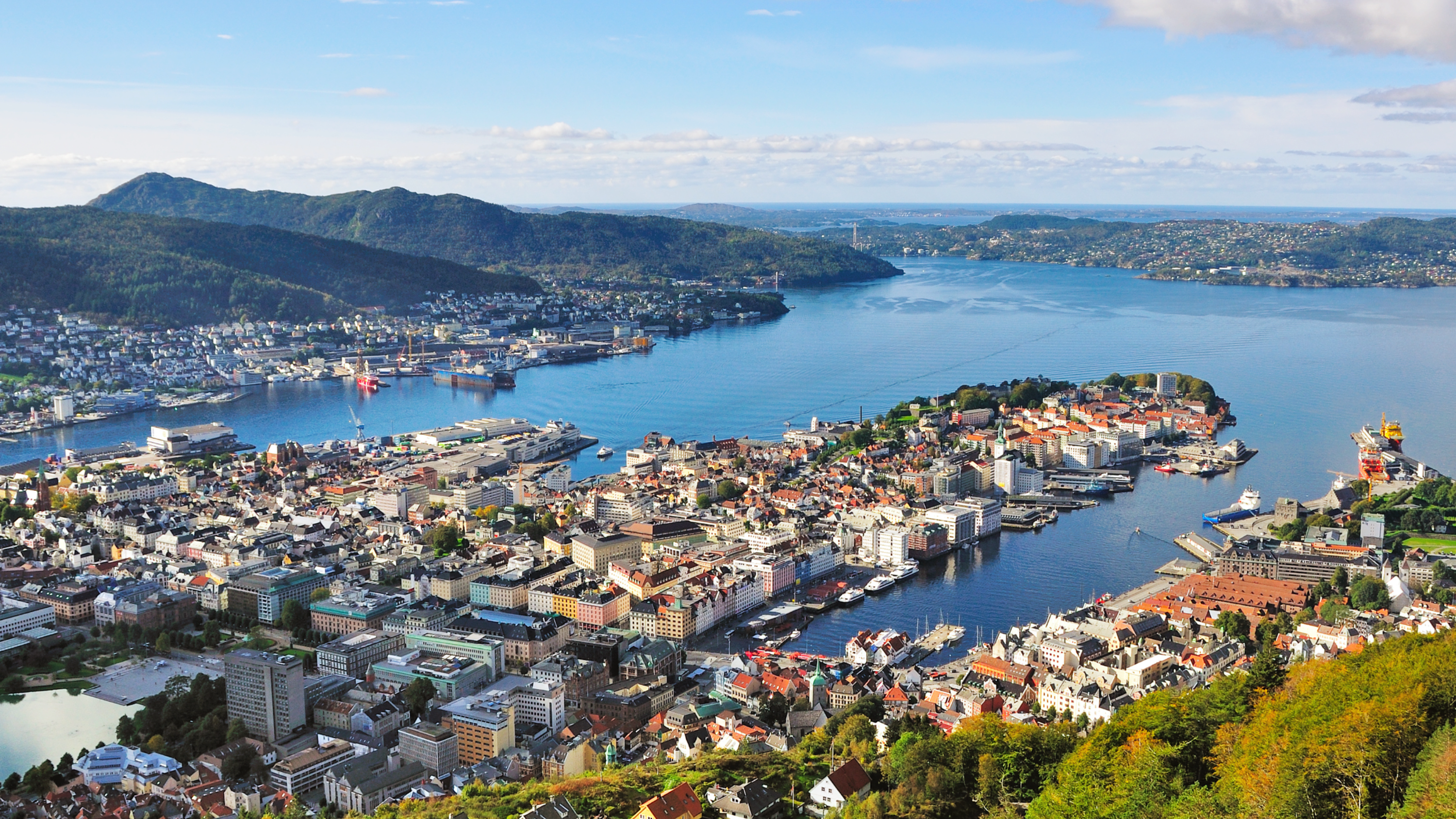
The Challenge
The goal: Help a Norwegian light rail system to add extensions to the existing network while improving overall efficiency.
The challenge: Bergen Light Rail had a visionary plan to transform a single-line light rail (20 km) into a comprehensive network, adding multiple extensions. How could they expand the network to optimise operational efficiency, increase ridership, and reduce costs?
The Solution
Asistobe tool combined internal public transport data with external data sources and leveraged AI to get a deep understanding of the real transportation needs in Bergen. Based on this, the tool proposed future transport scenarios that could efficiently handle an expanding network and suggested infrastructure improvements to optimise OPEX and CAPEX.
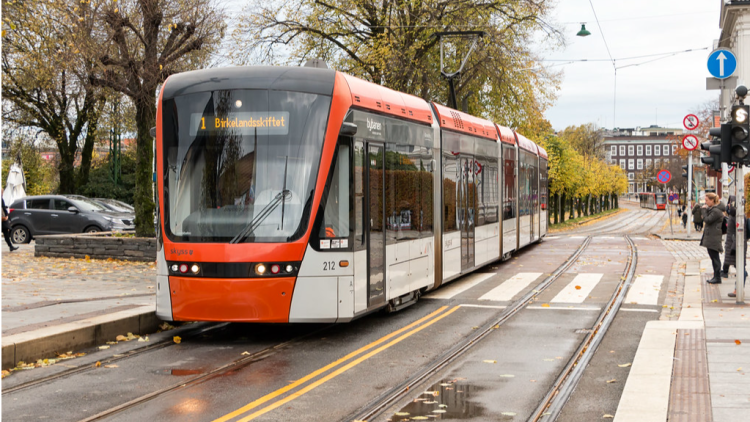
Making an impact
Compared to the suggested plans without Asistobe’s optimisation methods, Asistobe proposed operational patterns with reduced kilometers driven, increased capacity in high-density areas without the need for additional rolling stock, and maintained traveler comfort levels.
This includes a 23% reduction in operational expenditure (OPEX) savings, a notable 25% increase in yearly passenger numbers, a substantial 30% decrease in CO2 emissions, and an impressive annual value creation of €22 million.
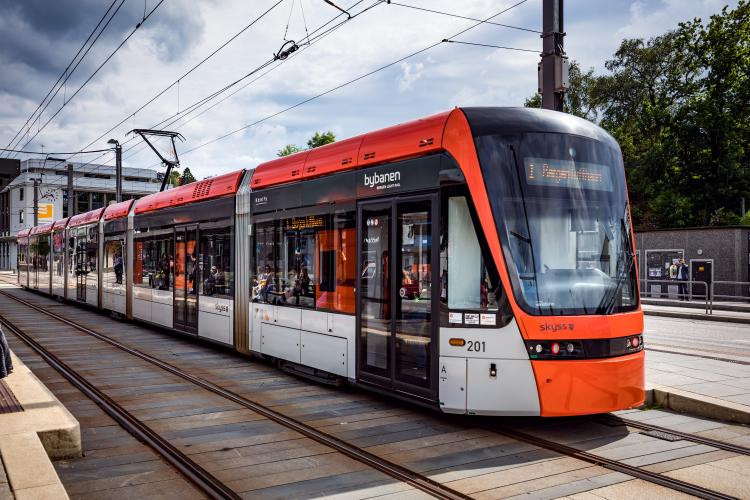
Lessons learnt
Asistobe's platform has not only optimised the operational efficiency of Bergen Light Rail, but also contributed significantly to the overall sustainability and attractiveness of the city's public transport network. The remarkable results, including cost savings, increased ridership, and reduced carbon emissions, demonstrate the positive impact of our solution.



